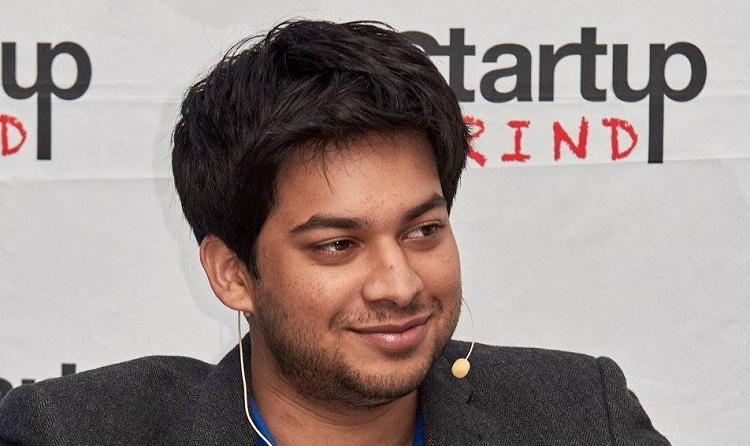Article, courtesy of Tiana Cline at the Mail and Guardian (http://200ysa.mg.co.za/riaz-<wbr/>moola/)
Hyperion’s Founder, Riaz Moola, has been selected as one of the Top 200 Young South African’s in 2016 under the Science and Technology Category by the Mail & Guardian. This award reflects the work of Hyperion’s entire team of employees – and the larger network of the Hyperion Community – in providing a successful and scaleable social impact in the space of science education in Sub-Saharan Africa.

The degree with the highest dropout rate in South Africa and across all universities nationally is computer science, with an average failure rate of 88%. Through Hyperion Development, Riaz Moola is on a mission to change that. “I’m most interested in the application of computer science to various industries. This is of course very popular as comp sci is the basis of the most famous firms and start-ups today: Apple, Google, Facebook, Uber, Airbnb etc.”
Moola’s previous work at Google as a product manager was using computer science (specifically artificial intelligence) to help build new products and features with this tech. “I worked in the Google Search team on ‘Ok Google’ (Google Voice Search), similar to Siri”.

These features have now been used by millions.” After studying at the University of KwaZulu-Natal, Moola noticed a high dropout rate of computer science. “I also noticed people at UKZN had bad internet access,” he explains.
“My entire idea was very simple — an online course where people could still take courses with limited internet access. I was inspired by course materials at Edinburgh on artificial intelligence, a subject not offered at UKZN. I created a simple online course with small files — rather than large videos offered by most Massive Open Online Course (Moocs) — in a new programming language (Python) teaching people some basics of AI. I went back to UKZN during a holiday and spoke to students in my previous classes, urging them to sign up for the course. Over 100 signed up in the first week. The course then spread organically to many other universities in Johannesburg, Cape Town etcetera. Eventually we had students from every tertiary institution in South Africa. We now have students from eight African countries and this is growing every day.”
A core tenet of open education is the development of non-traditional learning methods that reduce barriers to entry to education. “Many Mooc platforms claim to reduce these barriers, but no existing platform seeks to serve the unique limitations of millions of South Africans, many of whom would benefit most from the principles of open education,” says Moola. “Hyperion is filling this large gap in knowledge transfer using a scalable model.” Moola would like to grow Hyperion throughout the continent, and hopes to strengthen his relationship with Google and other tech firms like Facebook. “We must not forget Africa as a whole.”
Author: Riaz Moola
Date originally published: 19/09/16


